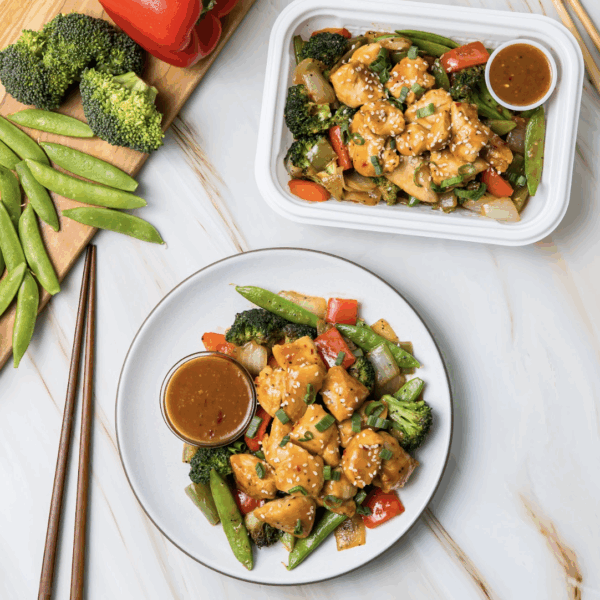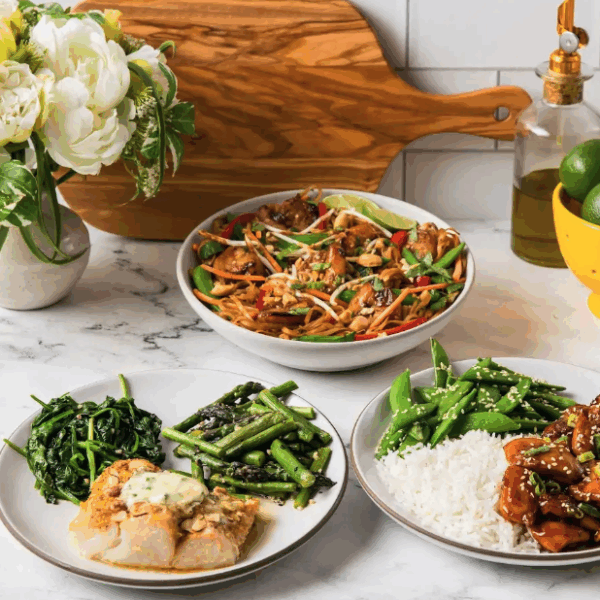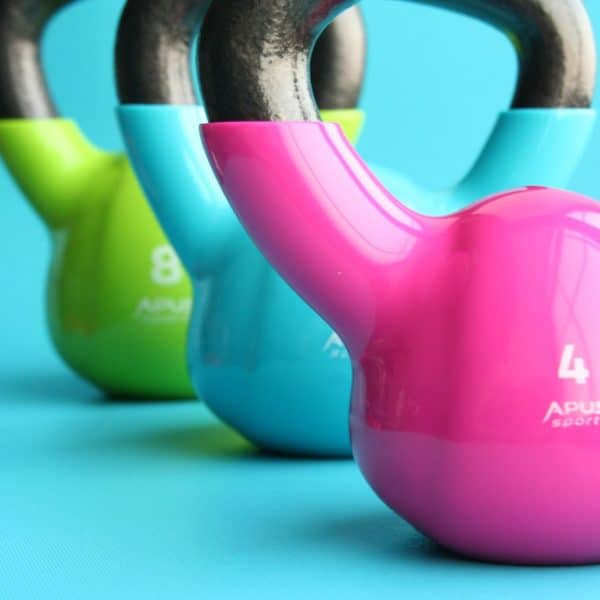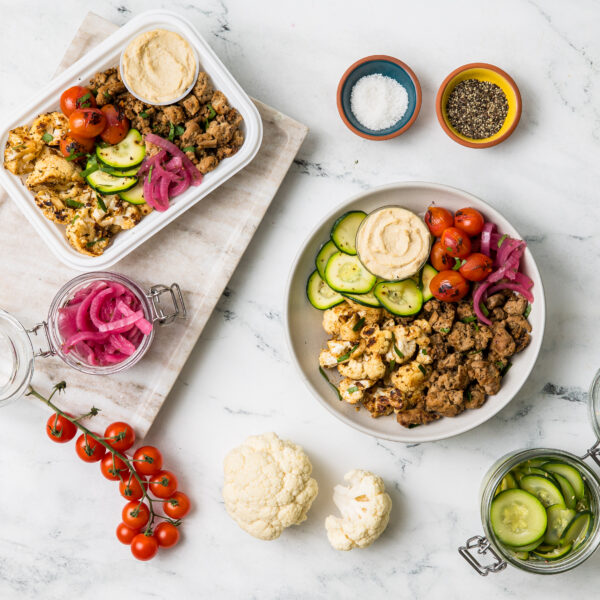This is truly one of the most chaotic times we’ve ever lived through; not just on a personal level, but as a society. COVID-19 has touched every part of our lives, from our health to our financial stability. And because of that, it means that everyone is feeling some level of anxiety. It’s affecting our focus, our ability to socialize, and our sleep. It doesn’t help, then, that the added stress can have a negative impact on our immune systems as well.
And we’re still at the beginning of this pandemic. Yesterday, New York City EMS received more than 6,000 911 calls — exceeding the record set on September 11, 2001.
This is real, this is hard, and this is global. And that’s why we wanted to give you guys a little boost. Because while these methods are good for any time of the year, they’re especially needed right now, for all of us stuck in self-isolation. Consider it your wellness retreat in your living room.
How many kinds of meditation are there?
There are two main meditation styles: concentration, or through mindfulness. If you’re using the concentration method, the idea is to sit and focus on one thing — whether that’s your breathing, a single point in the room or a single thought is up to you. If you’re using the mindfulness method, the idea here is to sit, close your eyes, and be a passenger to the thoughts that enter your mind. See them, don’t engage with them and let them keep going.
Some people may only need 5 minutes, some need 30, some need a full hour. But that’s the great thing about meditation — it’s extremely open-ended to whatever works for you.
Need a little extra boost to focus? Here are some other options.
Apps to help meditate
Especially for beginners, it can be hard to break away from the stressors on your screen and spend some time in self-reflection and mindfulness. Maybe you have kids doing some experiments behind you, maybe you have your parents in the other room — whatever is creating mental noise (both literally and figuratively), there’s an app that can help make the segue a little easier. Plus, there’s an option for the whole family.
- Headspace – with guided courses and quick meditations, you can step away from your computer monitor and take a breather.
- Aura – between 3-minute sessions and 30-second sessions, you can quickly balm your case of the jitters, and shake off an intrusive thought.
- Smiling Mind – positioned as meditation for all ages, this app will have a little something for everyone to spend some time and focus on mindfulness.
- Stop, Breathe, & Think – this one is one of my personal favorites. With this app, you answer a few questions about your current state, and depending on the answers you give, it will give you some meditation practices to engage in. Feels personalized and for my mood, every time.
Focus on your food
We’ve mentioned this before, but what you eat contributes to your mental state. In fact, our brain gets 95 percent of the serotonin it uses daily from your stomach. So, take a look at what you’re eating — is it fried? Is it heavy in salt? Or is it balanced from a nutrition standpoint?
Here are our favorite foods to boost your mental health and decrease your anxiety:
- Avocado – people call this the “good kind of fat” but what does that really mean? Avocadosare filled with monounsaturated fats that have a lot of omega-3 fatty acids. These help decrease inflammation in the body. They’re also packed with B vitamins!
- Yogurt – fermented and filled with critters, the carbs in dairy have been converted into acid and bacteria here. This helps decrease bloating and gives your stomach a hand in absorbing all the nutrients into your system.
- Kombucha – similar to yogurt, the carbohydrates have been converted to make kombucha a wonderful probiotic as well. Just be sure to purchase ‘buch that doesn’t have any added sugar.
- Kale – green and leafy, and high in glycine. This powerful amino acid found in kale calms your nervous system and has been shown to improve sleep patterns.
- Salmon – Salmon is delicious and filled with vitamin D, and omega-3 fatty acids. This type of fat is known to decrease the brain cell dysfunction that often manifests in people with anxiety disorders.
No matter which type of meditation you’re working on, just know that we’re all in this together. The fight for good health doesn’t end in self-isolation; it’s a continually evolving practice as our bodies age, enter new life stages, and find new ways to relax.
—
Looking for ways to put your nutrition on auto? No more stressing about the grocery store here — at Snap Kitchen, we’re always stocked up on your favorite meal plans. Sign up for your meal plan today!





Leave a Reply
No Comments